Kyoto, Japan – October 5, 2025 – Professor Dr. Supachai Pathumnakul, Permanent Secretary of the Ministry of Higher Education, Science, Research and Innovation (MHESI), led the Thai delegation to the 22nd Annual Science and Technology in Society Forum (STS Forum 2025) in Kyoto, Japan. He was joined by Professor Dr. Sukit Limpijumnong, President of the National Science and Technology Development Agency (NSTDA); Dr. Chai Wutiwiwatchai, Executive Director of the National Electronics and Computer Technology Center (NECTEC); and other senior executives under MHESI.
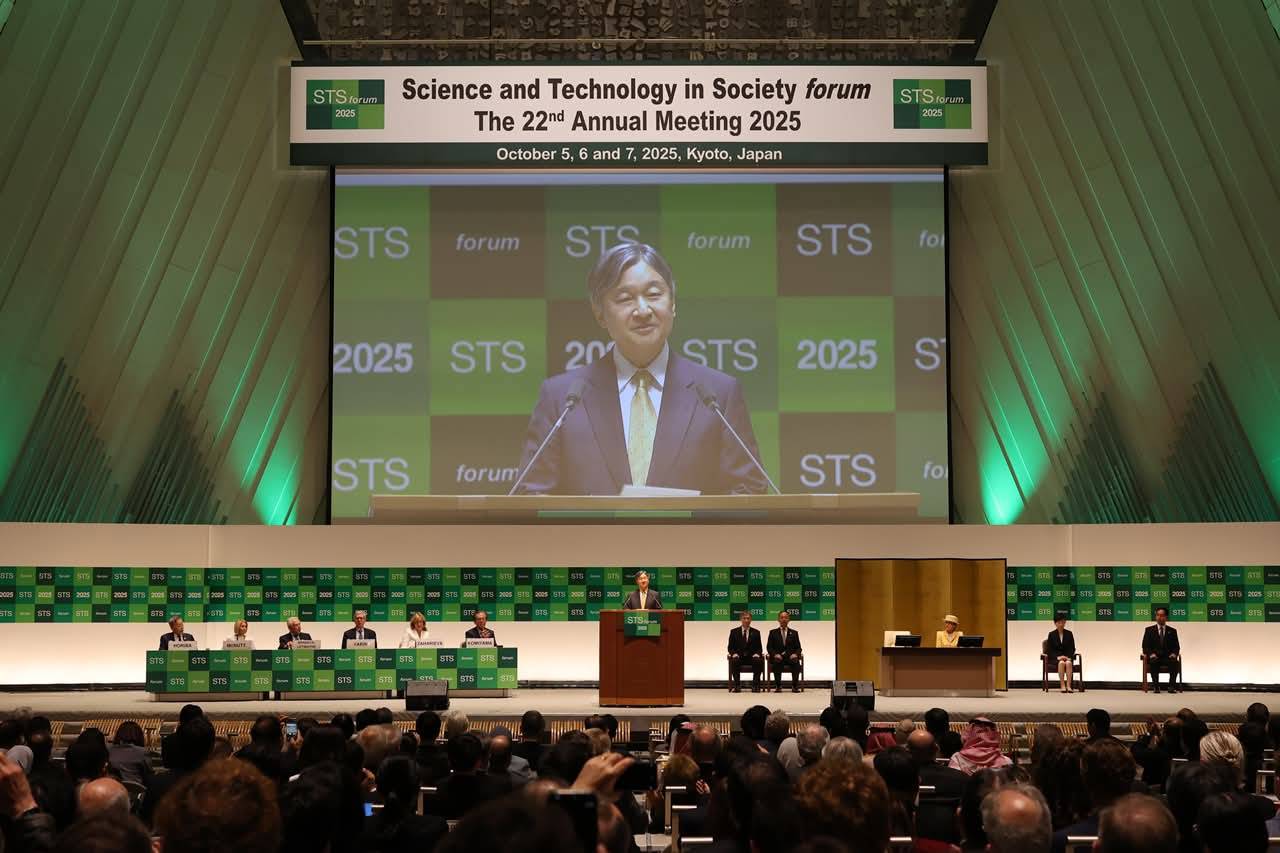
The STS Forum 2025, held from October 5–7, centers around the theme “Looking Toward 2030 and Beyond – The Future of Science, Technology, and Humanity.” Their Majesties the Emperor and Empress of Japan graciously attended the opening ceremony, underscoring the global commitment to shaping a sustainable and inclusive future through science, technology, and innovation. The forum features 12 plenary sessions and 22 concurrent discussions, with Artificial Intelligence (AI) as a key driver of global progress—addressing issues such as AI’s social and economic impacts, achieving Sustainable Development Goals (SDGs), tackling climate change, promoting equitable economic growth, advancing quantum and nuclear technologies, and reducing digital divides for social inclusion.
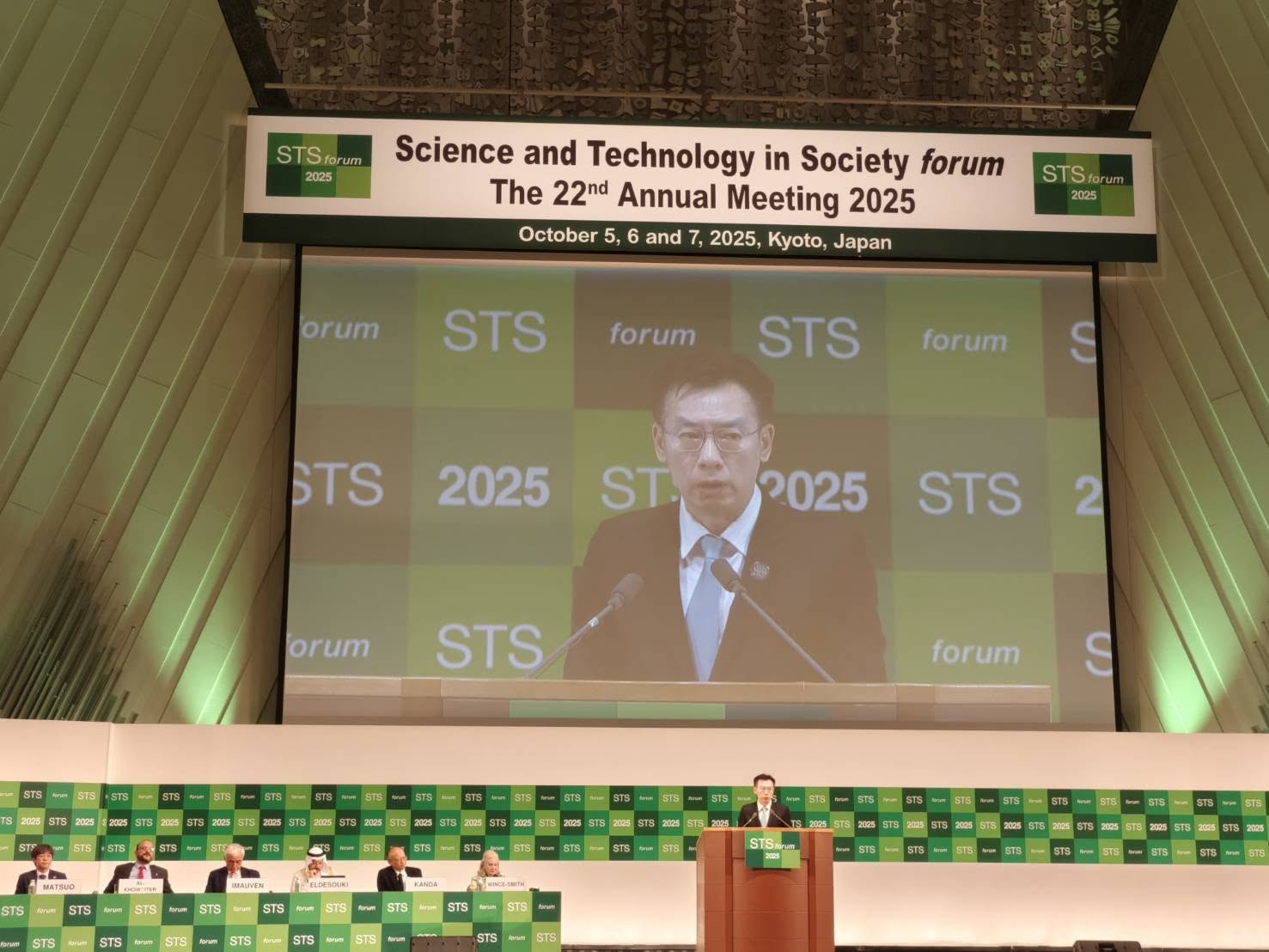
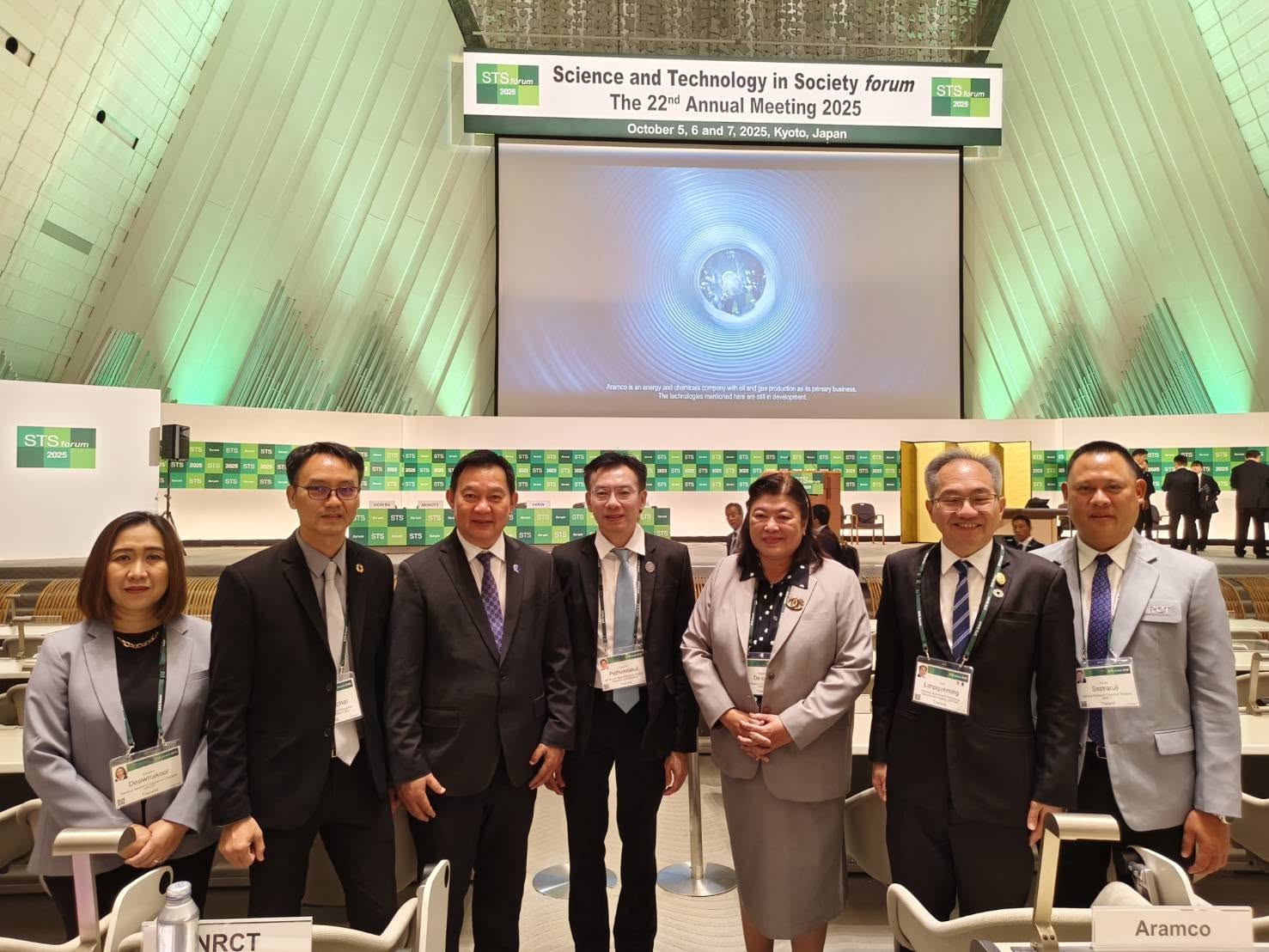
In his keynote address at the opening ceremony, Professor Dr. Supachai Pathumnakul presented Thailand’s roadmap toward achieving carbon neutrality by 2050. His speech highlighted the nation’s strategic initiatives in renewable energy expansion, smart agriculture, AI applications, and regional cooperation to realize a zero-carbon society. He also emphasized the importance of linking research with industrial innovation to maximize the global social impact of scientific advancement.
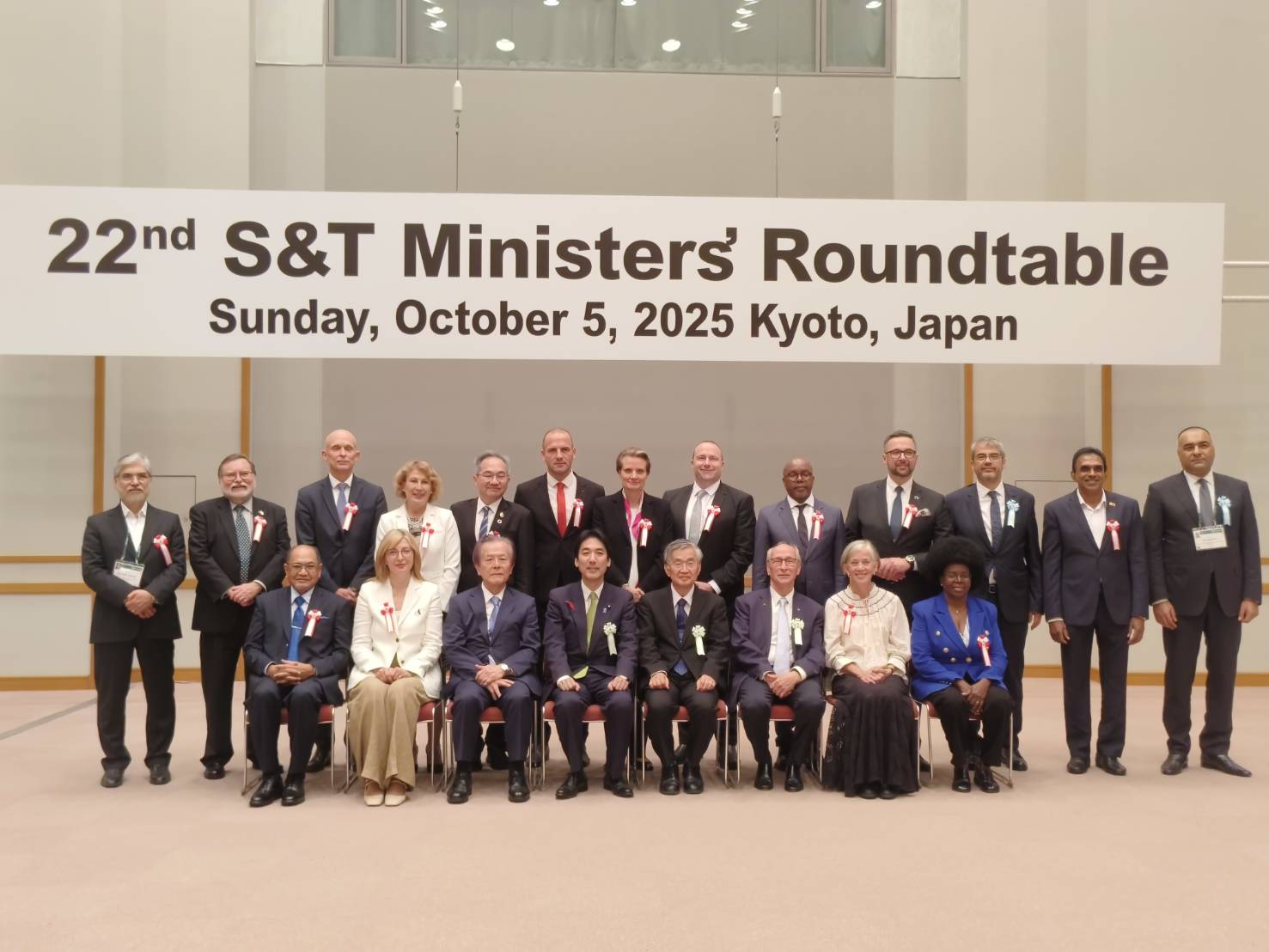
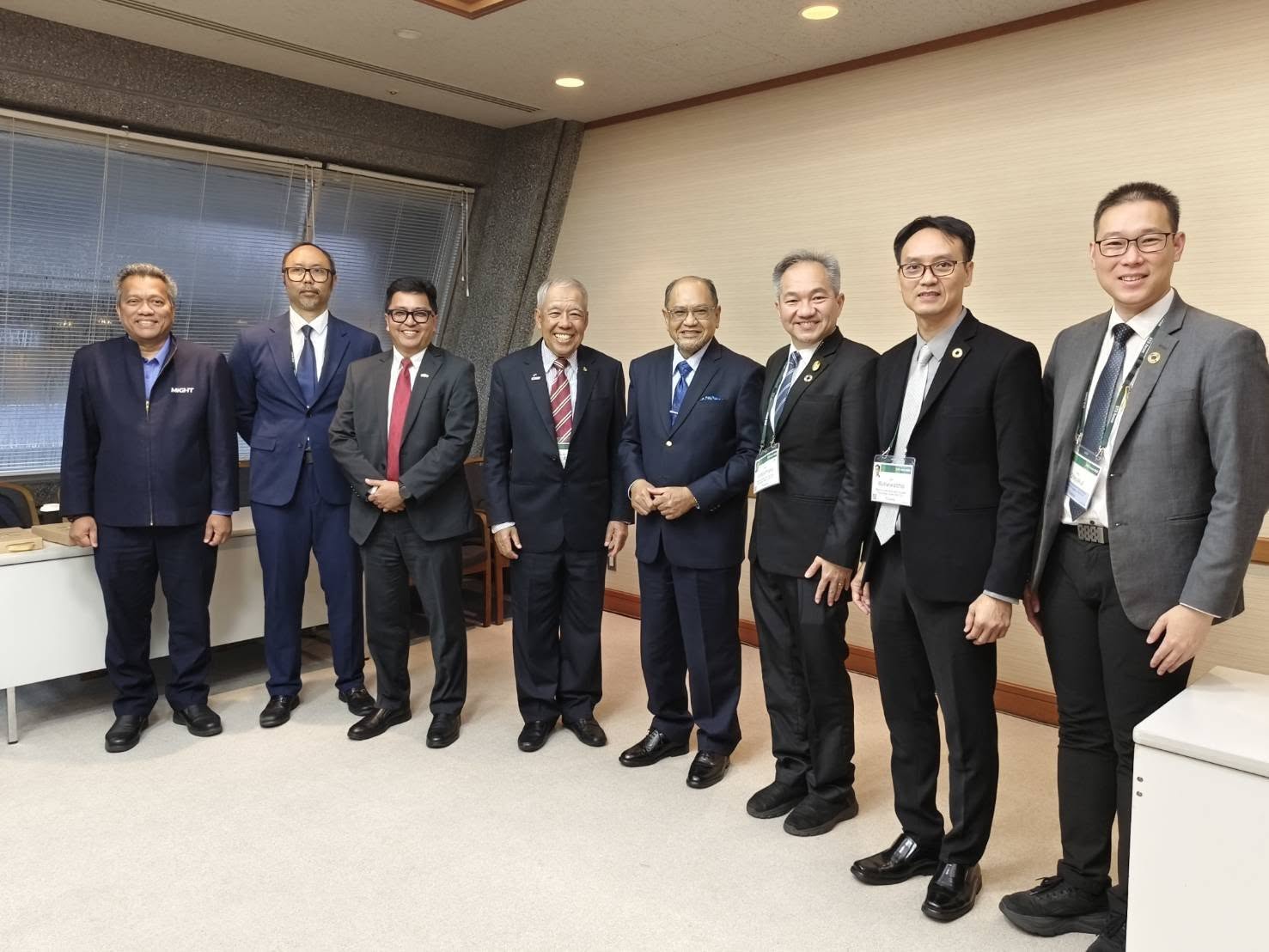
Representing MHESI Minister Mr. Surasak Phancharoenworakul, Professor Dr. Sukit Limpijumnong participated in the S&T Ministers’ Roundtable Meeting under the theme “Science, Technology and Innovation for the Society of the Future.” Ministers discussed how science and innovation can help address humanity’s most pressing challenges, including climate change, emerging infectious diseases, and the growing burden of non-communicable diseases (NCDs). The discussions also focused on AI ethics, its influence on employment, and its broader societal implications—with Japan taking a leading role in shaping global frameworks for these challenges.
During the forum, the NSTDA President also held a bilateral meeting with senior officials from Malaysia’s Ministry of Science, Technology and Innovation and the Malaysian Industry-Government Group for High Technology (MIGHT). The dialogue aimed to strengthen collaboration in key areas such as bioeconomy, nanotechnology, sustainable energy, and commercialization of advanced technologies—enhancing Thailand-Malaysia partnerships and ASEAN’s regional capacity in science, technology, and innovation.
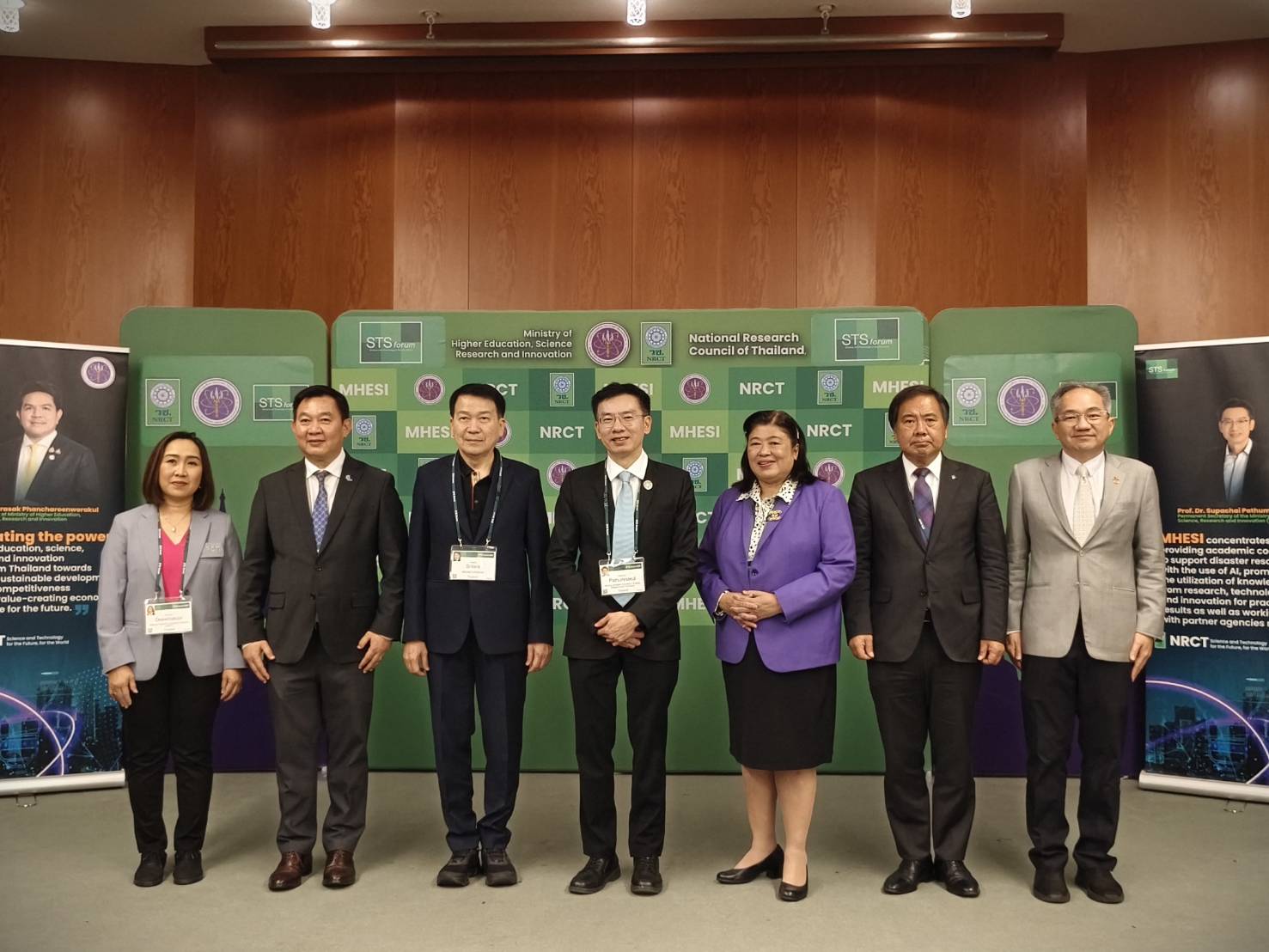
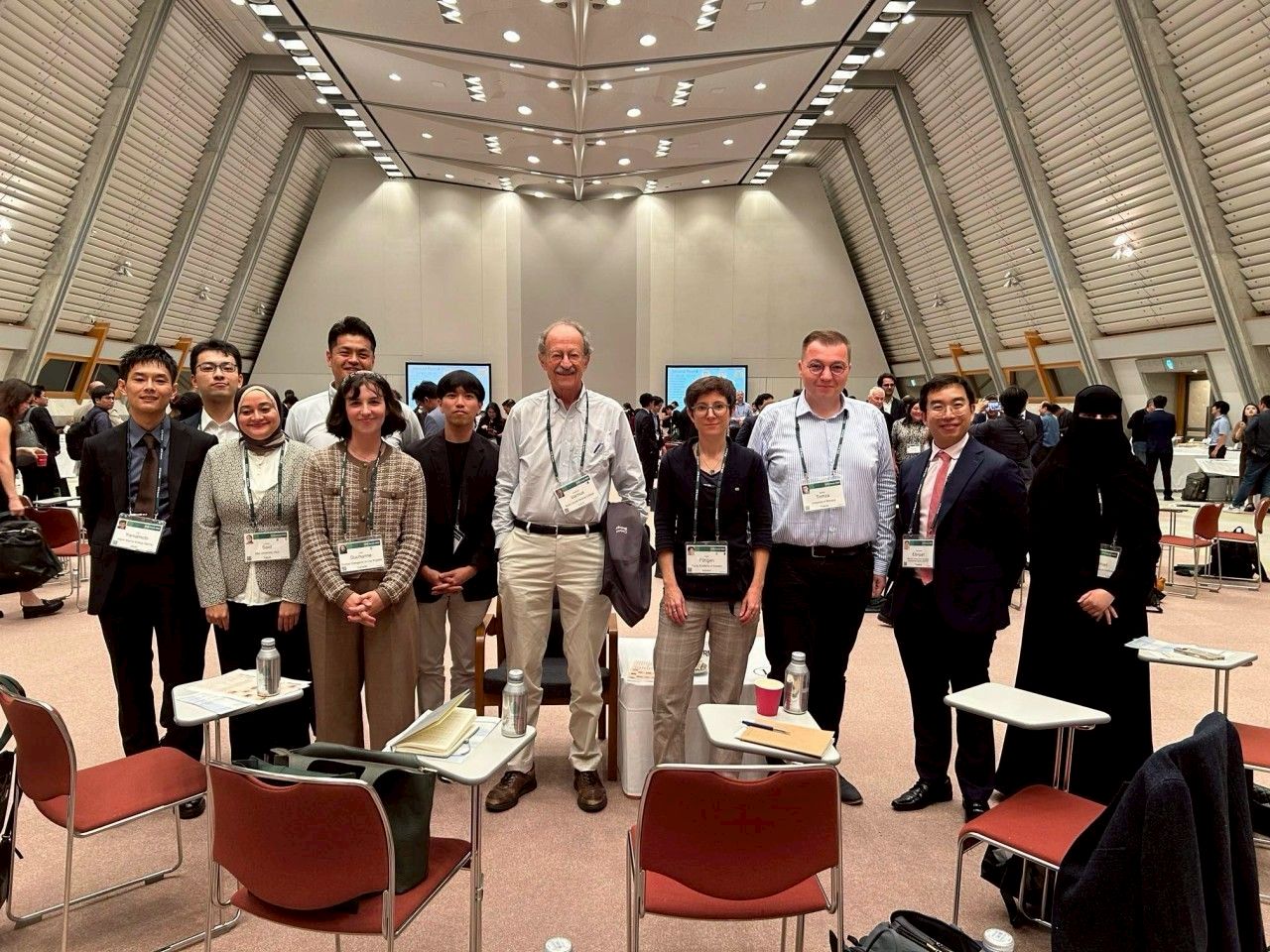
NSTDA also participated in a parallel session titled “Artificial Intelligence for Disaster Preparedness and Response,” organized by Thailand’s National Research Council (NRCT). The session provided a platform for young researchers to present innovative perspectives on disaster resilience, alongside experienced policymakers, fostering new leadership in addressing global challenges through AI-driven solutions.
In addition, Dr. Ittithanat Itthivipat, researcher at NSTDA’s Assistive Technology and Medical Devices Center, took part in the Young Leaders Program 2025, held in conjunction with the STS Forum. This program brings together emerging researchers worldwide to exchange experiences and insights with global leaders, including 12 Nobel Laureates in Physics, Chemistry, Physiology or Medicine, and Peace. Participants—141 in total from government, academia, and industry—engaged in discussions on the role of science and technology in advancing humanity, the creation of research-enabling environments, and the importance of knowledge transfer to empower the next generation of scientists.
